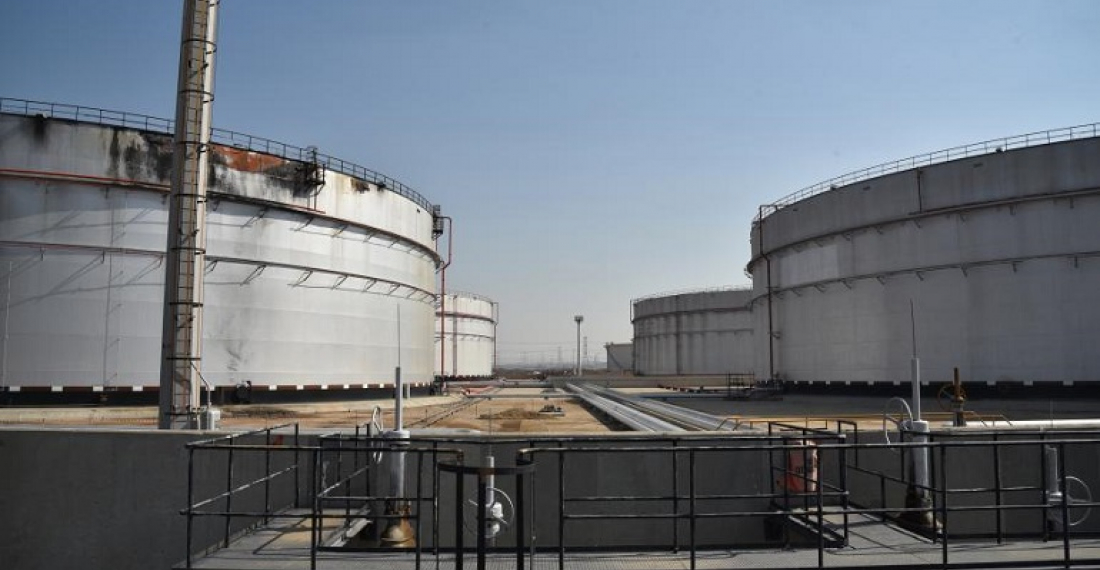On Monday, Yemen-based Houthi rebel group attacked a Saudi oil facility north of the port city of Jeddah. Saudi Arabia confirmed that a distribution station belonging to its Aramco oil company has been hit by a missile attack. This is the third major successful attack after the strikes at Khurais and Abqaiq facilities in Eastern Saudi Arabia in 2019.
Abdullah al-Ghamdi, manager of the North Jeddah plant, told journalists on a tour that one of the 13 tanks used for diesel oil, gasoline and jet fuel at the facility is currently out of action. All other operations at the plant resumed after a few hours.
In a statement carried by the Saudi Press Agency (SPA), spokesman for the Saudi-led military coalition fighting against Yemen Turki Al-Malki said the early Monday missile attack did not just “target the Kingdom’s National Assets, but the core of global economy and its supply routes, as well as the security of global energy."
The Houthis have been developing their own missiles and testing them in attacks over various targets using locally UAVs. The Houthi spokesman, Brigadier General Yahya Saree, said that the attack came in response to the ongoing Saudi military aggression and siege stressing Yemen’s right to self-defence.
Yesterday, Saudi Arabia intercepted a bomb-laden boat in the Red sea. However, another attack successfully targeted a Greek tanker that had just dropped its load in Saudi Arabia. The tanker suffered from minor damages and no casualties are reported. There is no immediate reaction from the Houthis.
Saudi Arabia has been involved in what looks like a never ending war with the Houthis since 2015. According to Strafor, the Saudis are hinting at their willingness to exit the war without sacrificing what was gained from the war. Earlier this month, Saudi Arabia suggested that it would adhere to a ceasefire if the Houthis agree to a buffer zone alongside its border with Yemen. Several regional observers suggest that few options remain for Saudi Arabia in its fight against the Houthis.







